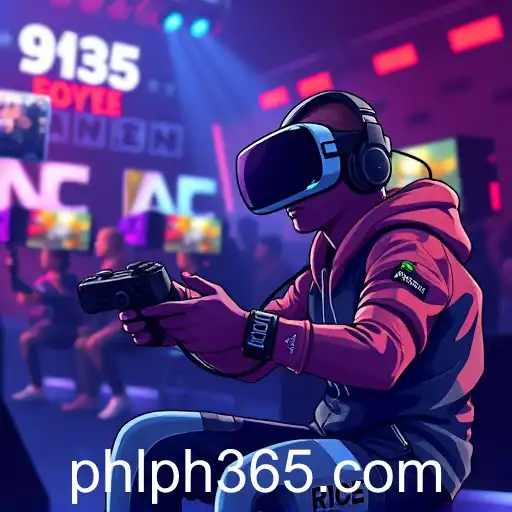
Exploring the growth and dynamics of gaming communities in 2025.
As we progress through 2025, the gaming landscape continues to evolve dramatically. With technologies advancing rapidly and gaming communities like ph365 emerging, there is a noticeable shift in how players interact, compete, and build relationships within these virtual worlds. Nowhere is this more evident than in the thriving online ecosystems that have fundamentally redefined social connectivity and entertainment.
Gaming communities have transformed from mere hobby groups to global networks, where diversity and inclusivity are celebrated. This evolution is particularly notable on platforms such as ph365, where new game releases and updates are eagerly anticipated by millions worldwide. This level of interaction underscores the importance of community-driven content; feedback loops between developers and players are tighter than ever, driving innovation and enhanced gaming experiences.
Recent reports indicate that gaming communities have become vital spaces for cultural exchange and social advocacy. In today's gaming environment, players from different geographies and backgrounds collaborate on in-game challenges, sharing experiences and strategies that transcend traditional cultural barriers. This is facilitated by features that allow seamless cross-platform play, a staple of modern gaming channels like ph365.
Furthermore, the rise of eSports and the professionalization of gaming careers have added another layer of dynamism to these communities. Game designers are now focusing on creating highly competitive games that foster both individual skill and team coordination. Such environments have not only motivated players to improve their prowess but have also opened up new employment avenues within the broader gaming industry.
As ph365 and similar platforms continue to grow, they also carry a responsibility to address challenges related to online harassment and mental health. Developers are implementing tools and policies that promote responsible gaming and respectful interaction among community members. By prioritizing player welfare, these platforms aim to create safe, engaging environments that enhance player enjoyment and social connection.
In conclusion, the ongoing development of gaming communities in 2025 reflects wider societal shifts toward digital interconnectedness. Through platforms like ph365, gamers are not only reshaping their own experience but are contributing to a global dialogue that will define the future of digital interaction. The convergence of gaming and community presents both challenges and opportunities, encouraging continuous adaptation in a rapidly changing world.




